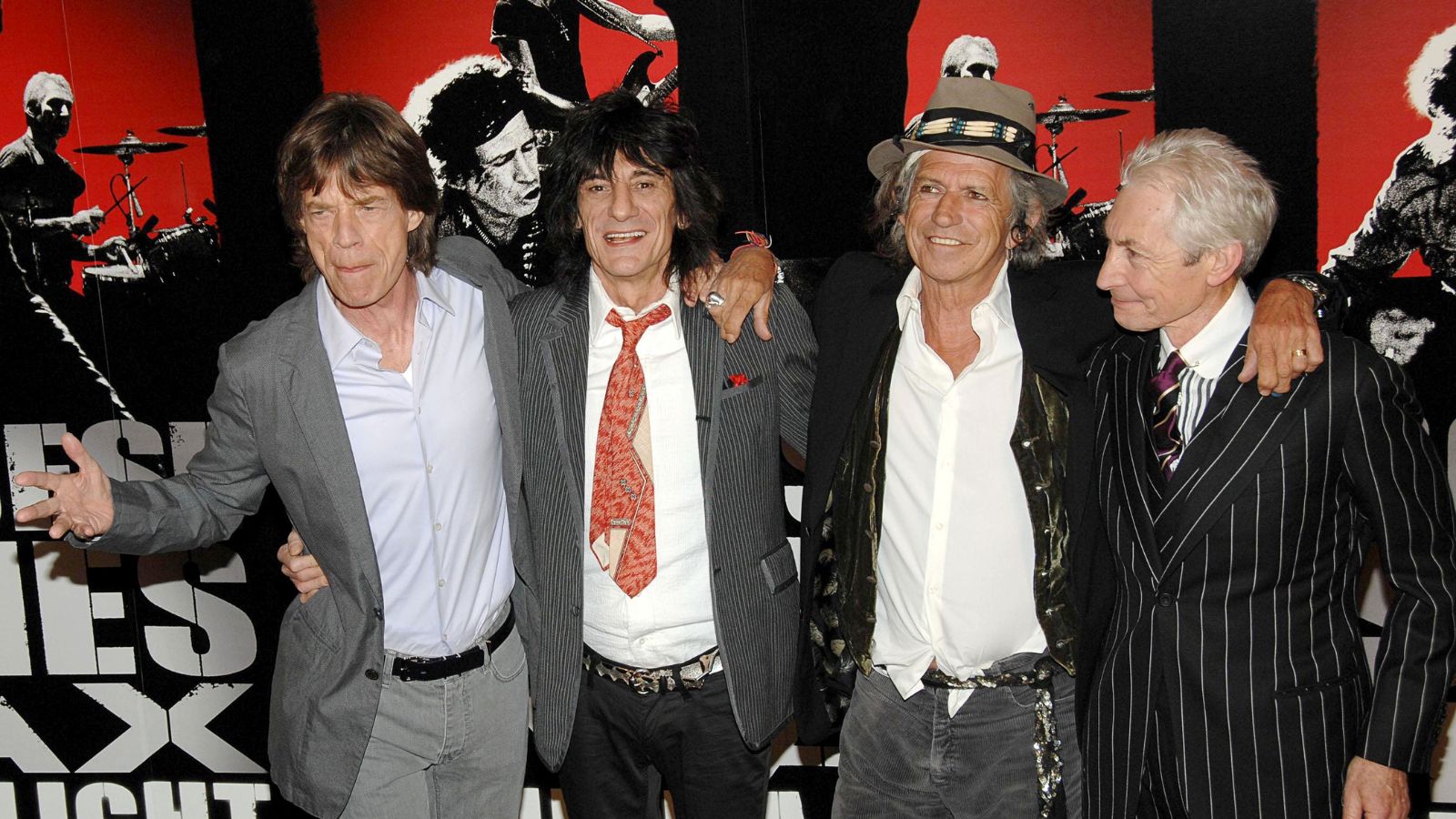The counterculture movement of the 1960s and 1970s ushered in a transformative era of music that continues to resonate with boomers. These decades shaped not only the sounds of the time but also influenced fashion and cultural norms that are still evident today. Here are 17 bands and singers that boomers will always love listening to.
Led Zeppelin

Named by MasterClass as one of the founders of hard rock, Led Zeppelin paved the way for new genres, including progressive rock, glam, and shock rock. Their heavy, guitar-driven sound created legendary tracks, including “Stairway to Heaven”, a track in particular that boomers will never let go.
Jimi Hendrix

Jimi Hendrix’s innovative use of feedback, distortion, and extended solos revolutionized the role of the guitar in rock music. A fusion of rock, blues, and psychedelia, albums such as Electric Ladyland pushed the boundaries of music, and his performance at Woodstock remains one of the most iconic moments in rock history.
The Beatles

Revolutionary in music, fashion, and the counterculture movement, The Beatles’ sound was innovative and their music and influence have continued to live on to the present day. The Washington Post says, “The Beatles’ wild look, raw talent, and disregard for tradition appealed to millions, despite all the apocalyptic warnings and denunciations.”
The Beach Boys

The Beach Boys popularized the aesthetics of the West Coast lifestyle with their combination of rock music with intricate harmonies. A symbol of the sunny Californian dream, their album Pet Sounds is considered a musical masterpiece to this day.
Elvis Presley

Elvis’s music was the start of the rock and roll movement and bridged the gap between white and African American music. He captivated audiences with his unique style and charisma, and hits like “Heartbreak Hotel” and “Jailhouse Rock” have remained iconic in the music industry.
Aretha Franklin

Often seen as the soundtrack of the Civil Rights Movement, Aretha Franklin was known for her powerful voice and emotional lyrics. A blend of gospel, soul, and R&B, her music has influenced countless female vocalists, and her lyrics in songs such as “Respect” became anthems for women’s empowerment.
Bob Dylan

Transforming folk music into a world of social and philosophical ideas, Bob Dylan is the influence behind countless artists and social movements. According to Rolling Stone, “What set Bob Dylan apart from everybody was something more outlandish: it was how he wielded language.” These complex lyrics even won him a Nobel Prize in literature.
The Who

The Who is another legendary band known for their energetic and theatrical live performances and conceptual storytelling within their songwriting. Iconic songs such as “My Generation,” “Baba O’Riley,” and “Who Are You” have stood the test of time and remain staples in rock music today.
Janis Joplin

Janis Joplin’s raw and powerful vocals were groundbreaking and paved the way for female rock artists in the 1960s. Joplin’s music and image embodied the spirit of the ‘60s counterculture movement, and her legacy lives on as a symbol of freedom and rebellion.
The Doors

The Doors combined rock, blues, and psychedelic music to create a distinctively dark sound that explored themes of existentialism, love, and death. Songs such as “The End” and “Riders on the Storm” remain influential today and represent a more introspective side to the music of the psychedelic era.
Simon & Garfunkel

The intricate harmonies and poignant lyrics created by Simon & Garfunkel addressed the themes of cultural change faced in the 1960s, and to this day, their songs have become intertwined with key cultural and historical moments. At the time of its release, the duo broke sales records with their album Bridge Over Troubled Water.
Joni Mitchell

Combining musical complexity with poetic lyrics, Joni Mitchell addressed personal and societal issues with her honest music. Combining musical elements of folk, pop, jazz, and rock, her album Blue is widely regarded as one of the best of all time and has influenced artists since.
Pink Floyd

According to the Rock & Roll Hall of Fame, “Pink Floyd were the architects of two major music movements—psychedelic space-rock and blues-based progressive rock—and became known for their biting political, social, and emotional commentary.” Their music explores complex themes such as conflict, greed, time, and mental illness, which have resonated with audiences worldwide.
Bruce Springsteen

Energetic and iconic, Bruce Springsteen’s music captures the essence of American life for us Brits to learn from. Albums including Born to Run and Nebraska explore themes of love, loss, and the American dream, and their storytelling continues to connect with his audiences.
Fleetwood Mac

Known for their tumultuous relationships with one another, Fleetwood Mac’s landmark album Rumors uses a blend of rock, pop, and blues to vent the tension the band faced. With a unique sound and a reputation for dynamic live performances, the group’s music still resonates with audiences today.
David Bowie

A cultural icon, David Bowie constantly reinvented his sound, style, and visuals, showcasing his talent for storytelling and character creation. Challenging norms and embracing individuality, Bowie’s album The Rise and Fall of Ziggy Stardust and the Spiders from Mars was a milestone in glam rock.
The Rolling Stones

Embodying the spirit of rock and roll, the Rolling Stones created a rebellious and provocative image that captured the minds of young people. They created iconic tracks such as “Satisfaction” and “Paint It Black,” and according to Forbes, “in the 1960s, the Rolling Stones charted 13 top 10 albums on the Billboard 200.”

